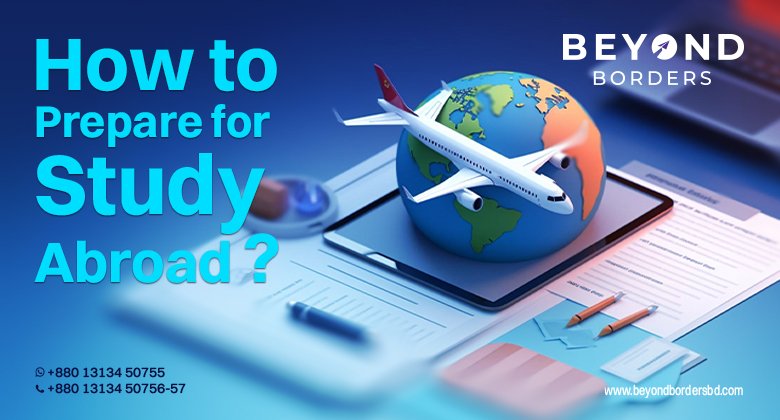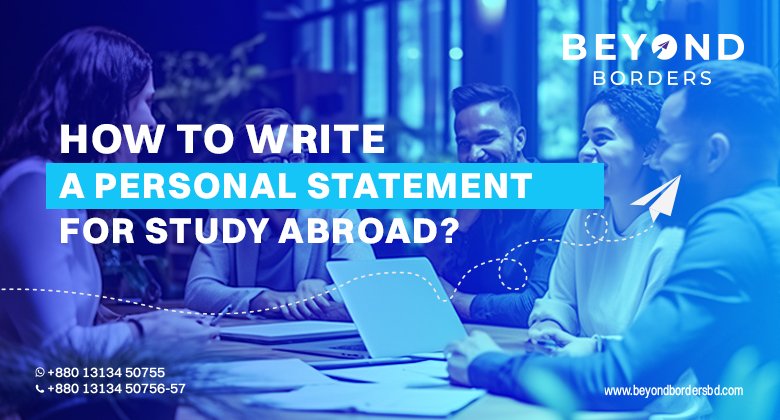Want to learn how to prepare for study abroad? Well, here I am as your buddy to help in planning for study abroad! A study abroad experience is an exciting but difficult adventure that takes considerable planning and research to prepare for.This guide will assist you in navigating the necessary processes, including comprehending visa requirements, budgeting, and cultural changes, as well as selecting the ideal destination and university.You can guarantee a seamless transition and get the most out of your overseas school experience by paying attention to these pointers.
5 Important Tips On How To Prepare For Study Abroad
If you are going abroad to study just read the following points once. Trust me these preparations will help you in your new journey.
Research Well About the Country
It is very important to do a lot of research on the place you want to visit. First, learn about its people, weather, cost of living, and school system. To get first-hand information, join internet forums or social media groups of current students. Learn the basics of the language and the customs of the area to make the move easier and avoid culture shock. This planning will help you feel more sure of yourself and able to adjust when you get there.
Manage your finances
A smooth study abroad experience depends on being able to handle money well. Make a thorough budget that includes things like housing, food, transportation, personal costs, and tuition.
If you can, open a bank account in your area and look into student rates. Find out about scholarships, loans, and part-time jobs that you can use to add to your income and make sure you have enough money to last during your stay.
Get a Student Visa
If you want to study abroad, you need to get a student visa and it is also important if you are learning about how to prepare for study abroad. First, call your embassy to find out if you need a student visa. Then, ask your host school what documents you will need. You will usually need a passport, a photo ID, a visa application form, proof of insurance, and medical forms. To get a visa, you have to go to a centre, pay the fee (which is usually $50 to $150), and then wait 1 to 10 days. Make sure that your passport is still good for at least six months after your programme is over.
Book Your Ticket in Advance
It is very important to book your flight ahead of time, especially if you need a visa. You could wait until you get your visa or book plans that can be changed. Sites like Skyscanner let you compare prices. You can also check airline websites directly and look in private mode to find the best deals. Plan your trip at least three months ahead of time, and if you can, go on a Tuesday, Wednesday, or Saturday. Lastly, before making a decision, you should always check the cities, dates, and time zones twice.
Preparations Before Leaving
- Arrange accommodation early and pack essentials.
- Pay a visit to your physician before leaving if you have any health issues and also carry your necessary medicines.
- Keep digital and hard copies of important documents.
- Inform your bank of travel plans and ensure support from family and friends.
- Write your emergency contacts in a notebook and carry it with you.
- Get the knowledge about local currency rates and keep some with you.
Besides the above points preparations like how to academically prepare for study abroad? Or how to mentally prepare for study abroad? these are also equally important. These are nothing but steps for ensuring hassle-free travel.
However, you do not need to worry about all these. Gradually you will learn many things that you didn’t know before.
Wrapping Up – How to Prepare for Study Abroad?
I hope now you have adequate information about how to prepare for study abroad.
Basically, preparing for study abroad involves meticulous planning and emotional readiness.
From securing visas to packing essentials, each step requires attention to detail.
Cultivating cultural awareness and researching your destination enriches the experience.
Lastly, embracing uncertainty with an open mind fosters personal growth and adaptation.
By following these guidelines, you can embark on your journey with confidence and make the most of your time studying abroad.


